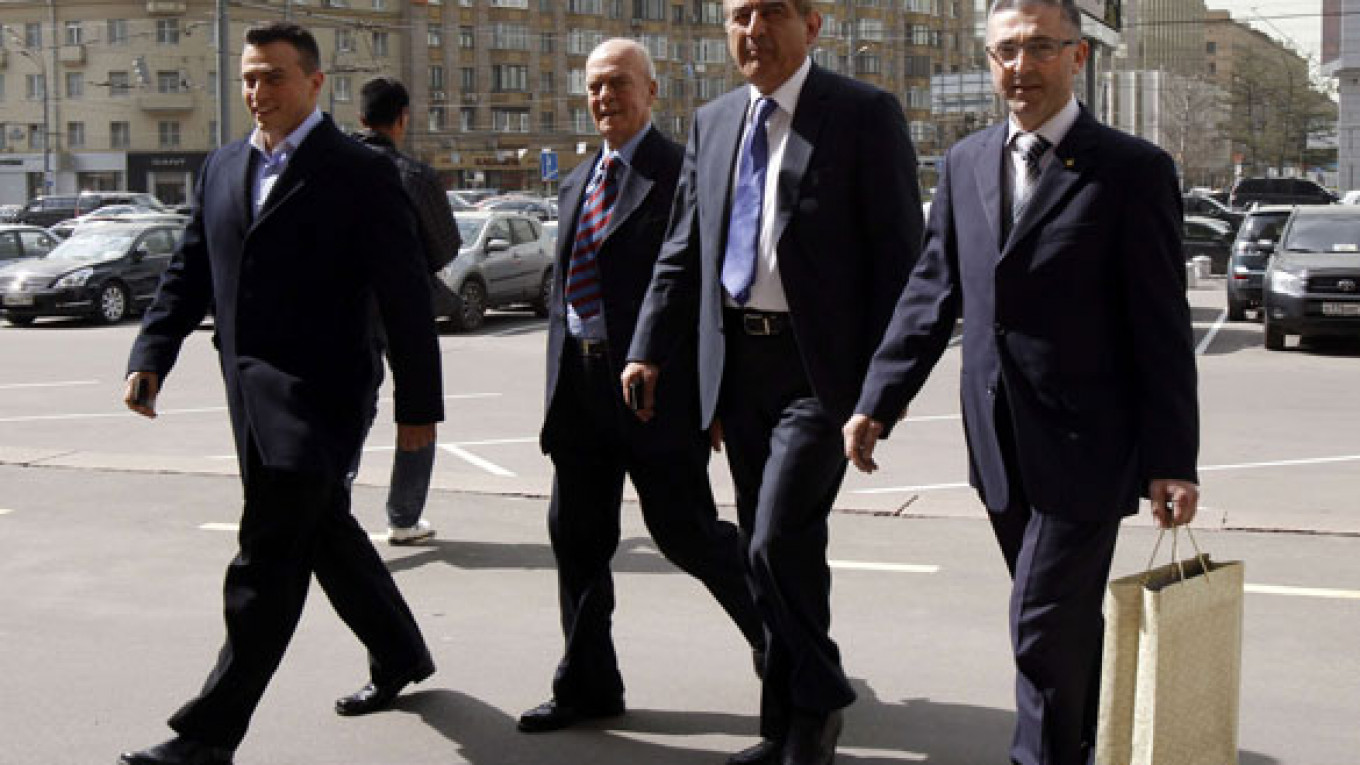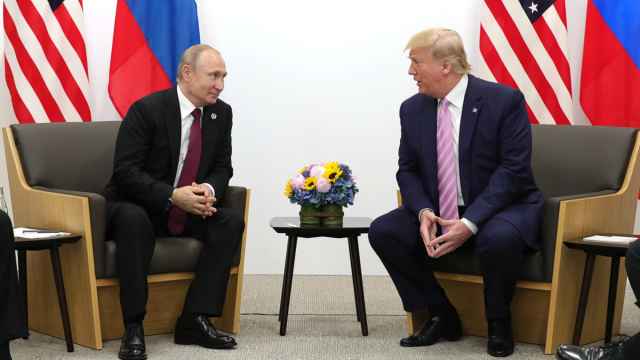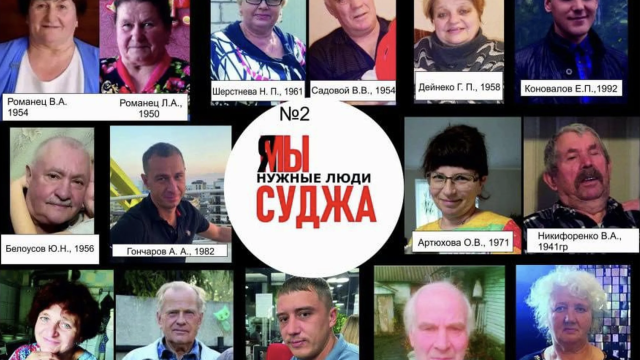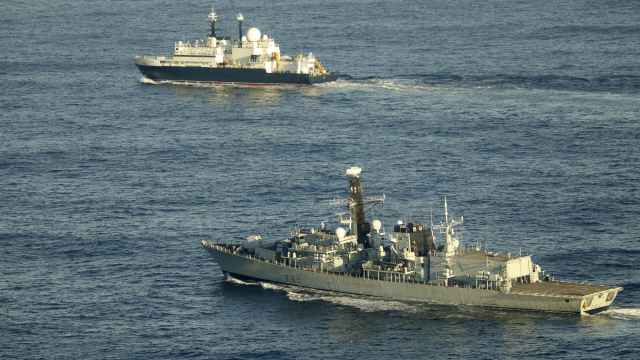Russia and Iran are helping Syria import fuel, which it needs for heavy vehicles including army tanks, allowing Damascus to avoid the full impact of tightening Western sanctions imposed over its violent suppression of dissent.
Syria received regular shipments of Russian gas oil and diesel over the winter and, despite Moscow's diplomatic support for demands that the government stop its attacks and pull back its forces, Russia sent another delivery this month.
The shipments appear to be legal, as neither Russia nor Iran has signed up to Western sanctions barring such trade, and Moscow has blocked UN Security Council sanctions that would apply to all countries.
But following the convoluted paper trail of the shipments shows how difficult it is for the West to enforce sanctions designed to restrict Syria's military capability, as long as Moscow prevents UN action.
The fuel sent by Russia, known as gas oil, can be marketed as diesel used for Syrian army tanks and heavy commercial vehicles, or as heating oil.
Oil producer Syria has two refineries but also needs to import large amounts of gas oil to meet domestic demand, both for heating and for transport.
Western sanctions prohibit European Union and U.S. firms from buying Syrian oil or doing business with Syrian companies handling imports of crude and refined products.
Most former suppliers have dropped out for fear of violating measures designed to punish President Bashar Assad for his crackdown on opponents.
That has forced Syria to rely for transportation and heating fuel on a narrowing pool of allies, including Iran, which faces its own tightening sanctions because of a nuclear program it says is peaceful, but the West says aims to produce an atomic bomb.
BLACKLIST
The latest delivery of Russian fuel reached Banias in Syria from the port of Novorossiisk early this month, aboard the Liberia-flagged tanker Cape Benat.
Mahmoud El May, who heads East Mediterranean trading at Monaco-based Galaxy Energy Group, confirmed that the cargo was bought from a Russian company and delivered to Syria on April 12.
El May said deliveries were no longer possible for his firm because EU sanctions in March had added Syria's distribution company Mahrukat to the blacklist through which measures are enforced.
The EU's move has also forced Greek company Naftomar, previously a mainstay of Syrian imports, to halt deliveries of the heating fuel liquefied petroleum gas used in Syrian homes and businesses.
Non-EU firms may be able to take over from Galaxy and Naftomar, however, as sanctions apply only to firms based in the region.
Russia has provided Syria with weapons and shielded Assad by blocking two UN Security Council resolutions condemning his government for the crackdown, in which the United Nations says more than 9,000 people have been killed since March 2011.
Moscow has criticized Assad at times and backed envoy Kofi Annan's peace plan, including his demands for an end to violence and for withdrawals of government forces from cities and towns.
But there is no evidence that Russia is about to alter its stance on trade with Syria. Moscow has criticized Western nations for imposing the sanctions, and along with China has blocked them in the Security Council, where Moscow and Beijing hold vetoes.
Russia's Energy Ministry this past week declined to comment on gas oil reaching Syria from Russian ports. The Foreign Ministry, which is responsible for Russia's policy on sanctions, declined immediate comment.
IRAN EXCHANGES PRODUCTS
Syria's need for gas oil makes it a perfect fit to swap with Iran, which produces plenty of diesel but has struggled for years to find sufficient supplies of gasoline, the fuel used in most civilian cars.
An Iranian vessel completed an exchange this week in which it delivered around 32,000 tons of gas oil to Syria and returned to Iran with about 33,000 tons of gasoline.
Oil refineries produce both gasoline and diesel in different proportions depending on the quality of the crude used and the design of the refinery.
According to International Energy Agency data for 2009, Syria needed to import more than 2.8 million tons of gas oil over the year, but it produced enough gasoline and naphtha — a light fuel similar to gasoline — to have surpluses of those fuels for export.
The Syrian gasoline cargo arrived aboard the tanker Alvan last weekend, docking at an Iranian terminal in the Gulf near Bandar Abbas, according to industry sources and ship-tracking data.
Like many vessels associated with Iranian firms, the Alvan has repeatedly changed names and ownership to skirt sanctions on Iran. According to DNV, an organization that classifies ships, giving them documents necessary for insurance, the Alvan changed names and owners three times since 2011.
Until February, it was owned by Statira Maritime, a firm listed by the EU as a front for the Islamic Republic of Iran Shipping Lines, which is subjected to EU sanctions. Since then, the ship has withdrawn from DNV classification, instead listing on the Russian Maritime register with new owners.
SYRIAN CRUDE
Syria's own crude exports, while small by world standards, are important for the government's finances and have been hurt by an EU embargo. Iran appears to be helping by loading ships with Syrian crude and bringing it into the Gulf, even though Tehran has been having difficulty finding buyers for its own sanctions-hit crude exports.
An Iran-linked vessel, the MT Tour, loaded up with Syrian crude at the end of March and dropped anchor near Iran's Bandar Abbas in mid-April. It was initially bound for Singapore, but then appeared to change course.
A second vessel, the Amin, loaded about 80,000 tons of heavy crude oil from Tartous, and a further 60,000 tons of light crude oil from Banias, at the start of April. It has since sailed the same course as the MT Tour.
It is not clear where the vessels will go next. As European and Asian customers cut back imports of Iranian oil due to sanctions, Iran has been storing millions of barrels of its own oil in tankers at sea.
The Amin was previously registered in Malta, but like the MT Tour, has recently changed its flag to Bolivia.
With Malta and Cyprus coming under increased pressure to stop flagging Iranian government-linked ships, there has been a flurry of registrations in the last few months half a world away in landlocked Bolivia.
A Message from The Moscow Times:
Dear readers,
We are facing unprecedented challenges. Russia's Prosecutor General's Office has designated The Moscow Times as an "undesirable" organization, criminalizing our work and putting our staff at risk of prosecution. This follows our earlier unjust labeling as a "foreign agent."
These actions are direct attempts to silence independent journalism in Russia. The authorities claim our work "discredits the decisions of the Russian leadership." We see things differently: we strive to provide accurate, unbiased reporting on Russia.
We, the journalists of The Moscow Times, refuse to be silenced. But to continue our work, we need your help.
Your support, no matter how small, makes a world of difference. If you can, please support us monthly starting from just $2. It's quick to set up, and every contribution makes a significant impact.
By supporting The Moscow Times, you're defending open, independent journalism in the face of repression. Thank you for standing with us.
Remind me later.






